Need to reduce distribution monopoly
In a recent report, the Electricity Regulatory Authority said that the Vietnam Electricity Group (EVN), a state-owned enterprise, only holds 37% of the power source, of which nearly 11% is directly managed, 26% is indirectly managed through power generation corporations. In fact, EVN has not had a monopoly on power generation for a long time, because the law allows many economic sectors to participate, especially the private sector, which was the first to participate in power source development after 2006. In the past 5 years, when the policy encouraged the development of renewable energy, the power source for private development increased sharply. To date, 42% of the power source comes from the private sector.
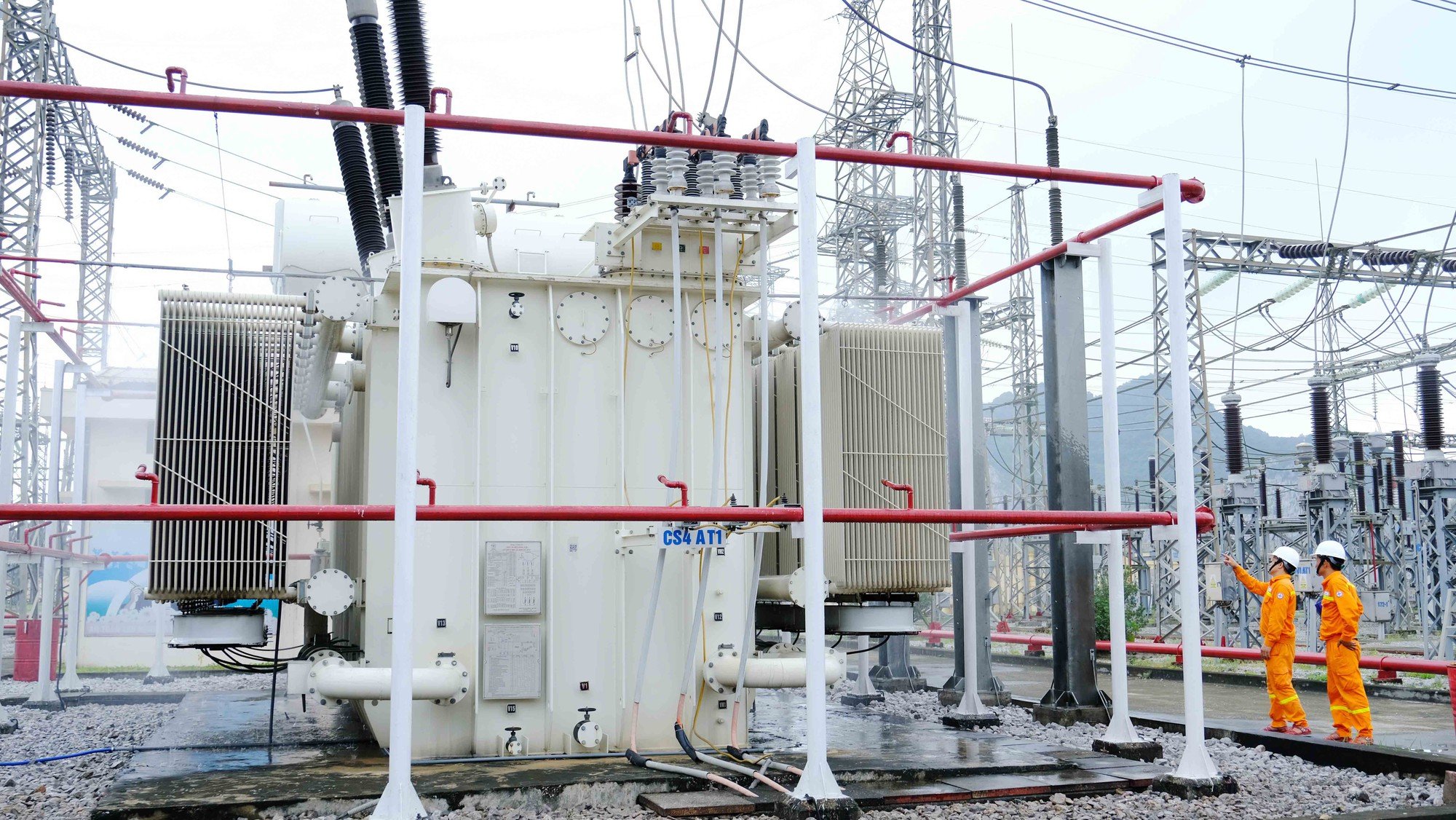
Need to socialize each stage in the electricity production and distribution chain
Although not a monopoly on power sources, in terms of power transmission, according to the Vietnam Electricity Law, the State still controls, manages and operates the power grid. Accordingly, EVN still controls most of the transmission system, from 500 kV and 200 kV ultra-high voltage to transformer stations.
Dr. Tran Dinh Ba (Vietnam Economic Science Association), author of a research project on the power bank model since 2010, said that the regulation on the State's monopoly on electricity transmission has caused many difficulties for the effort to develop a competitive electricity trading market and develop sources. Electricity is abundant, but the "state" buys it if it likes it, or doesn't buy it if it doesn't like it, or uses the excuse that the transmission is overloaded to not buy it, causing waste. Mr. Ba cited that with the policy of encouraging the private sector to develop rooftop solar power, in just a very short period of time, the power source is abundant. "Projecting" the reality of the summer in the North facing the risk of power shortage, if we just promote the private sector to develop rooftop solar power and allow direct trading, "how can there be a problem of excess electricity that cannot be generated?", Dr. Ba said.
"I am very surprised to hear every few days that Vietnam is facing the risk of power shortage in the next few years, even this situation will last until 2030. Why does a country with abundant renewable energy sources have to worry about power shortages? The South has a surplus of solar power because of the hot sunny days, the North does not lack solar power if the mechanism is open. The source of solar radiation in the North is very large, several times larger than Europe, equivalent to the South, but is not encouraged to exploit, leading to power shortages. We must "break the fence" for the whole population to use electricity, allow direct electricity trading to mobilize all resources, promptly remove difficulties, clear areas with capacity congestion, electricity that is available but cannot be transmitted to the grid, especially solar power projects. Besides, to reduce the distribution monopoly factor of the electricity industry, it is necessary to promote the mechanism of direct electricity trading, selling to neighbors... We must do it drastically and that is an important foundation for us to build a competitive electricity trading market, gradually eliminating monopoly. Do transmission but "Without electricity to transmit, it would be a huge waste," emphasized Dr. Tran Dinh Ba.
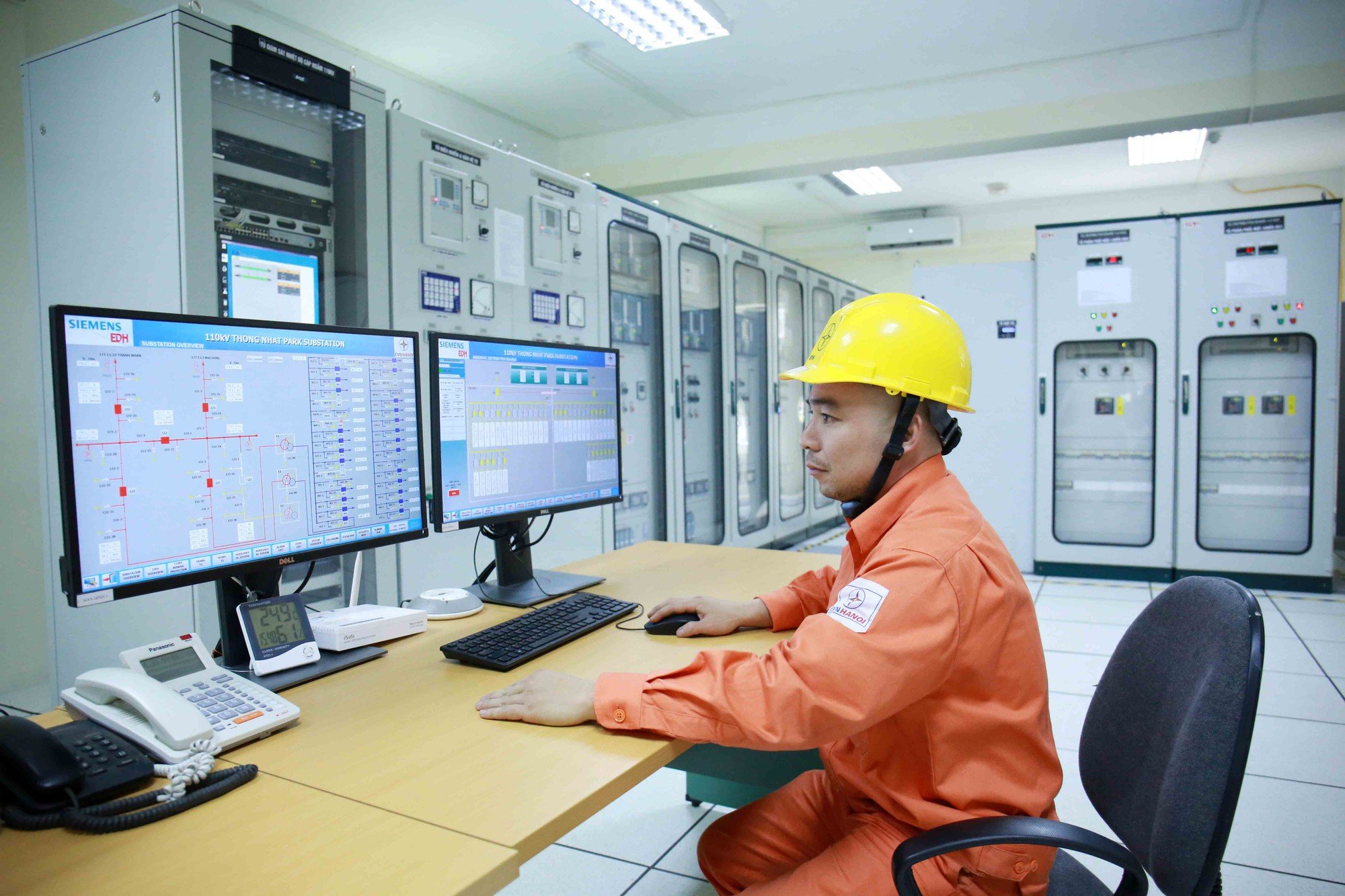
Sharing the same view, trade expert Vu Vinh Phu commented that it is not because a state-owned enterprise holds a certain percentage of the source that it is considered to have lost its monopoly, but that our operating mechanism applied to the electricity industry still has elements of monopoly. Buying at the State-regulated price, selling at the State-regulated price, and transmission prices also follow the State...
"It doesn't matter how much percentage you hold, but I produce electricity, I can't sell it to anyone, I can only sell it to you so you can redistribute it. That's a monopoly factor. I really want to buy electricity from my neighbor who has excess solar power, but I can't buy it. My neighbor can't sell it to me either. I have to make a power purchase contract with a state-owned enterprise. That's a monopoly factor. In my opinion, the electricity industry, like the petroleum industry, should gradually loosen its grip, allowing direct buying and selling, and a fair buying and selling. The power purchase mechanism should be boldly implemented early so that localities have the opportunity to attract investment, create jobs for local workers, and at the same time open up opportunities for localities, factories, and residential areas to access renewable energy sources faster, fulfilling Vietnam's commitment at COP26 to move towards net zero emissions by 2050," said expert Vu Vinh Phu.
Dr. Tran Dinh Ba (Vietnam Economic Association)
24 renewable energy enterprises want to sell directly, not through EVN
The Ministry of Industry and Trade has just reported to the Prime Minister and Deputy Prime Minister on the study and development of a mechanism for direct electricity trading between renewable energy power generation units and large electricity users (DPPA). This is an important legal basis for direct electricity trading activities between the two parties. Currently, the regulations on electricity distribution prices, power system operation control prices and electricity market transaction management prices have been proposed by the Ministry of Industry and Trade in coordination with the Ministry of Finance to be added to the Law on Prices, expected to take effect from July 1, 2024.
Notably, in this draft, the Ministry of Industry and Trade stipulates that direct electricity trading is only applied to power generation units that own wind power or solar power connected to the national power system with a capacity of 10 MW or more. Large electricity users are organizations and individuals who buy electricity for production purposes from 22 kV voltage level or more. Thus, the mechanism of "selling electricity to neighbors" on a very small, simpler scale has not been mentioned. Power generation units and power purchase units through direct connection lines and both parties are responsible for implementing according to regulations, in which power generation units are responsible for investing in building power projects in accordance with the planning. In addition, the draft also mentions the purchase and sale of electricity through the spot market.
In fact, the demand for direct electricity sales from projects is very large. According to a survey by the Ministry of Industry and Trade in mid-2022, up to 24/95 renewable energy projects want to sell electricity directly, without going through EVN; 17 projects are being considered by investors for the possibility of finding and signing contracts directly with customers. In addition, through screening and consulting, the Ministry has also sent survey forms to 41 customers, of which 24 customers want to participate in the direct electricity purchase mechanism DPPA with a total estimated demand of 1,125 MW.
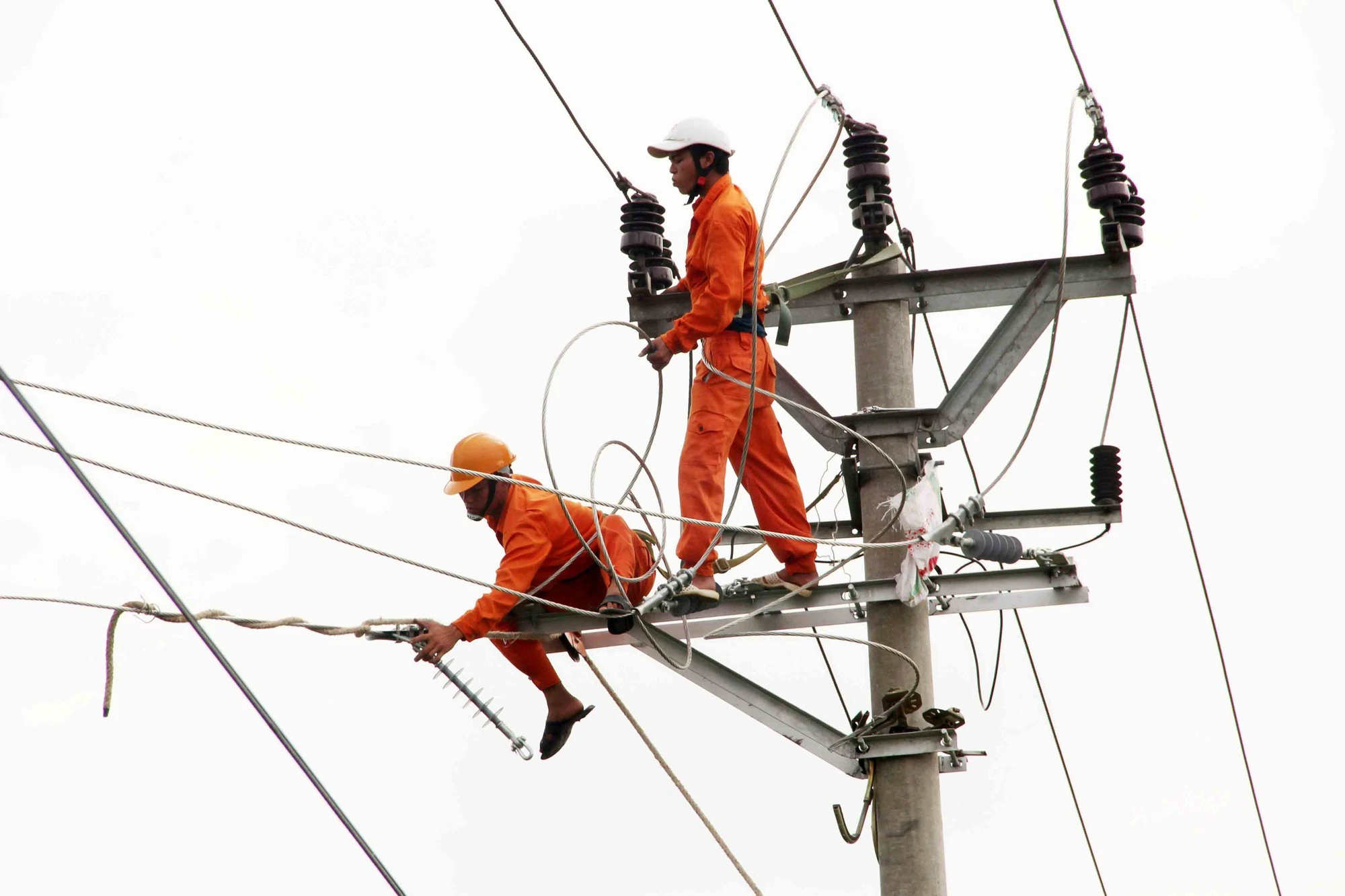
There needs to be a mechanism to encourage private participation in the electricity trading and distribution market.
In a submission to the Government at the end of August, the Ministry of Industry and Trade proposed to amend the provisions on the State monopoly in electricity transmission activities, while attracting all economic sectors to participate.
Dr. Tran Dinh Ba cited: "In the past, the socialization of electricity distribution was implemented but failed because the private sector refused to invest. Why is that? When the pilot was unsuccessful, we should immediately review whether the policy was truly socialized, whether the benefits for investors were satisfactory, or whether we still want to hold on to the State monopoly? I think that in the immediate future, we need to assign localities, especially the Northern region, to meet 25-30% of on-site electricity sources and allow direct electricity trading on the grid using rooftop solar power. In my opinion, Resolution 55 of the Politburo on the strategic orientation of Vietnam's national energy development to 2030, with a vision to 2045, has allowed the private sector to participate in investing in the electricity industry. That is an important basis for promoting the socialization of electricity production and distribution soon."
Promoting a series of mechanisms and policies to realize Power Plan 8
Chairman of the Vietnam Energy Association Tran Viet Ngai said: The electricity industry still has a lot of work to do. However, all mechanisms and implementation plans are still extremely slow. The master plan for electricity 8 took half a year, but up to now, no power source or grid projects have been implemented. The plan is just a framework that the Government follows to approve which projects need to bid to find investors, which projects are assigned to EVN, from gas, coal, pumped storage, wind power...; who will do it, how to do it, where is the capital. Even investing in the power grid has clear roles and responsibilities, it is impossible to list and tell everyone to do whatever they want without incentive policies, then 20 or 30 years later it may not be completed. Currently, the private sector can build 500 kV, 220 kV, 110 kV, 22 kV transmission lines..., why is there no incentive policy? In reality, EVN is still a "hired" unit for the State and the electricity industry, monopolizing electricity distribution for too long.
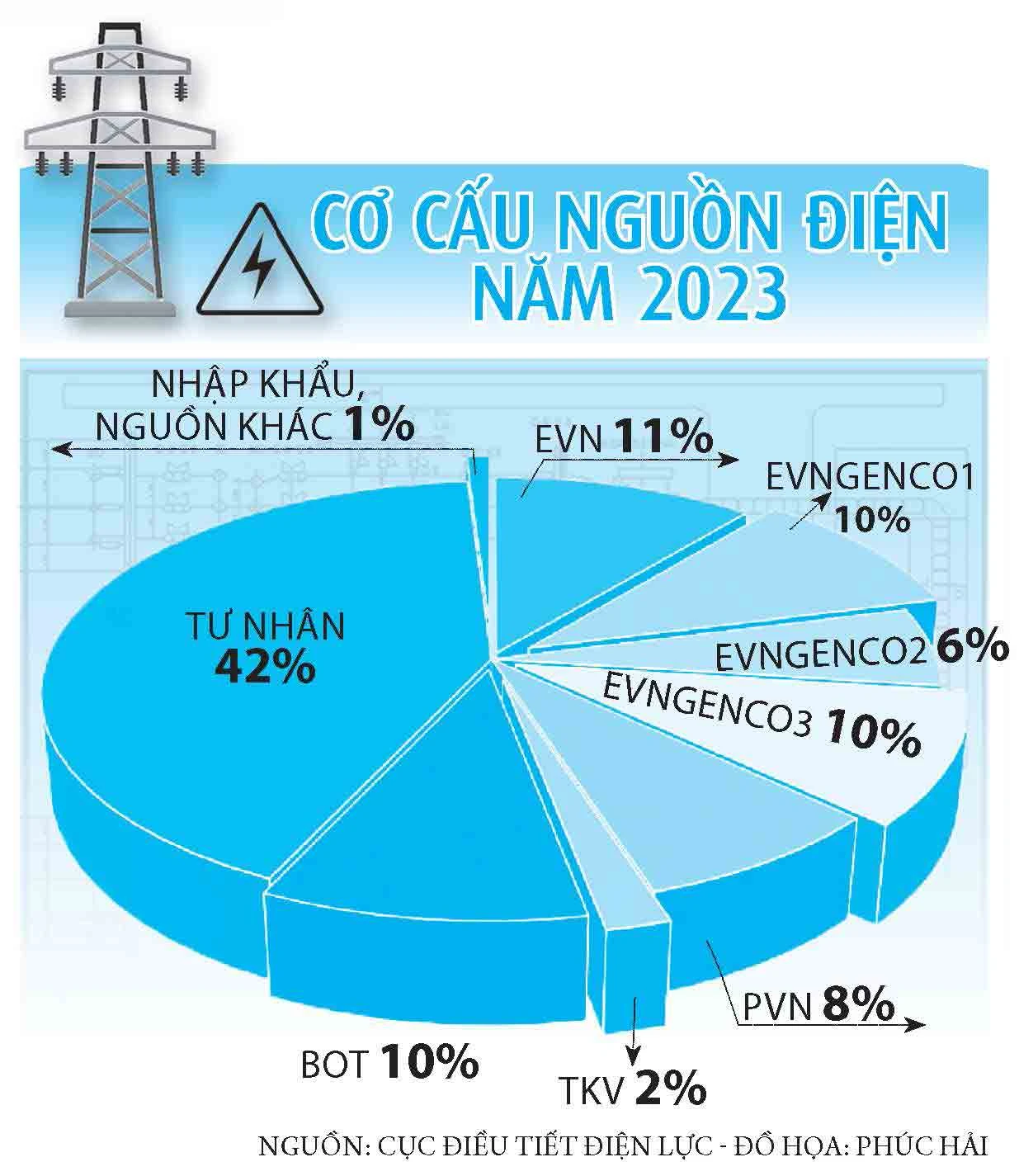
Mr. Ngai said: "The reason why the Northern region lacks electricity is not due to the lack of transmission from the South but due to the lack of sources. Therefore, socializing investment in transmission is also a way to increase investment resources for the electricity industry in general. Previously, there was competitive electricity generation between factories, but later, for unknown reasons, it was abandoned. To develop sources, we should gradually eliminate monopoly and socialize the direct sale of electricity to consumers, bypassing transmission. The only way to marketize the electricity industry is to allow the private sector to participate in the electricity purchase and distribution market."
Assoc. Prof. Dr. Ngo Tri Long analyzed: Since 2013, Decision 63 of the Prime Minister has developed the electricity market in 3 levels: competitive electricity generation market, pilot competitive electricity trading, competitive electricity retail. However, in the past 10 years, we have mainly developed the competitive electricity generation market, wholesale has many shortcomings, and competitive retail has not been seen yet. Up to now, although EVN is no longer the only electricity producer, as a state-owned enterprise, they still maintain a high monopoly ratio because they are still the only buyer from generation sources and the only seller.
"The monopoly situation cannot be ended if this situation continues," Dr. Long emphasized, saying that the main idea of Resolution 55 is to fight monopoly in the electricity industry. To do so, it is necessary to allow many economic sectors to participate and move towards socializing investment in clean and renewable energy. Accordingly, it must be implemented in all three areas, including: power generation, transmission and distribution operations. The State should only focus on areas that the private sector does not do or issues related to national security and defense. In addition, to have a competitive electricity market and reasonable electricity prices for consumers, the monopoly on electricity purchase and sale, related to transmission and distribution, must be eliminated.
81/85 renewable energy projects have submitted price negotiation documents.
According to Vietnam Electricity Group (EVN), as of October 27, there were 81/85 wind power and solar power projects with a total capacity of 4,597.86 MW. Of these, 69 projects with a total capacity of 3,927.41 MW proposed a temporary price equal to 50% of the ceiling price of the price frame according to Decision No. 21 of the Ministry of Industry and Trade. EVN and investors have completed price negotiations and initialed PPA contracts with 63/69 projects. The Ministry has also approved temporary prices for 62 projects with a total capacity of 3,399.41 MW. Also according to EVN, 24 projects have been accepted by competent state management agencies for the project/part of the project, 30 projects have been granted electricity operation licenses for the whole plant/part of the plant; 40 projects have had decisions to extend investment policies. However, there are still 4 projects with a total capacity of 136.70 MW that have not yet submitted negotiation documents.
According to the approved Power Plan 8, electricity demand is forecast to increase at an annual rate of 7.9 - 8.9% and total power generation capacity will increase from 77 GW to 122 GW to 146 GW by 2030. Of which, 36 - 47% of electricity will be generated from renewable energy (including wind, solar and hydropower). This leads to a huge demand for new and upgraded power transmission lines, with an estimated total investment cost of 15.2 - 15.6 billion USD. Meanwhile, the ability to borrow capital to continue investing in the power sector (power sources, grids) is also limited, because the total debt of EVN and the National Power Transmission Corporation (EVNNPT) is high, without government guarantees. The financial situation of EVN and EVNNPT is unlikely to improve quickly because the current electricity price and transmission price policies (VND79.08/kWh) are both subject to government decisions. Private investment has been encouraged since 2004, but is limited by the legal framework.
According to Law No. 03/2022/QH15, private investors are allowed to develop and operate grid assets. However, the investment framework as decrees and regulations guiding implementation have not been issued. To date, no private investment model in the grid has been implemented, only transmission projects associated with power generation are allowed. The basis for investors to be able to develop grid infrastructure projects under the Investment Law requires specific additional guidance and regulations before implementation.
Energy expert Nguyen Anh Tuan
Source link


![[UPDATE] April 30th parade rehearsal on Le Duan street in front of Independence Palace](https://vstatic.vietnam.vn/vietnam/resource/IMAGE/2025/4/18/8f2604c6bc5648d4b918bd6867d08396)
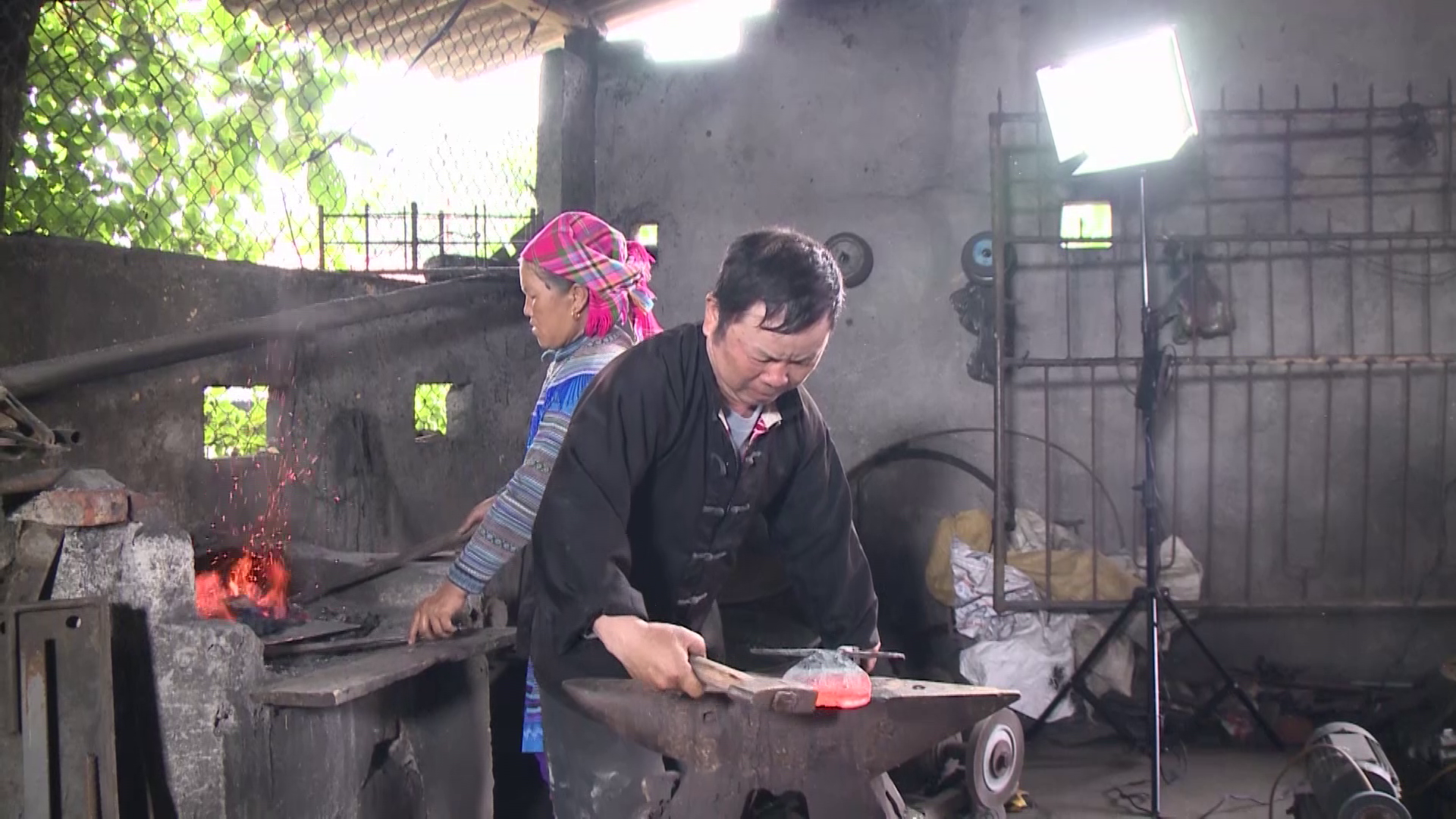


![[Photo] Prime Minister Pham Minh Chinh receives Mr. Jefferey Perlman, CEO of Warburg Pincus Group (USA)](https://vstatic.vietnam.vn/vietnam/resource/IMAGE/2025/4/18/c37781eeb50342f09d8fe6841db2426c)

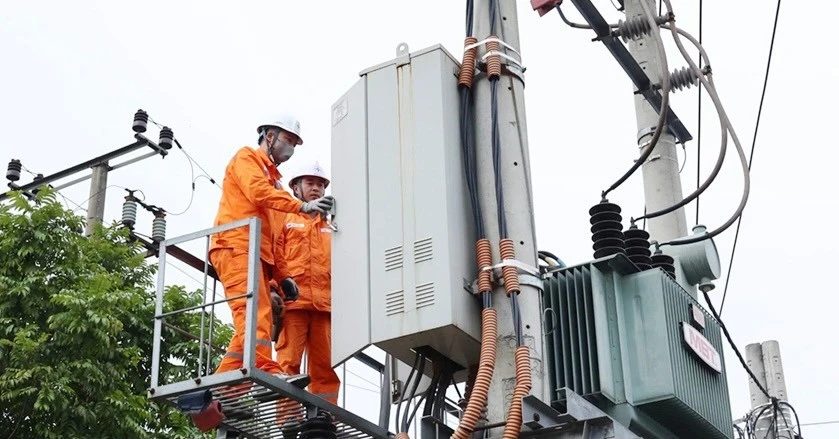

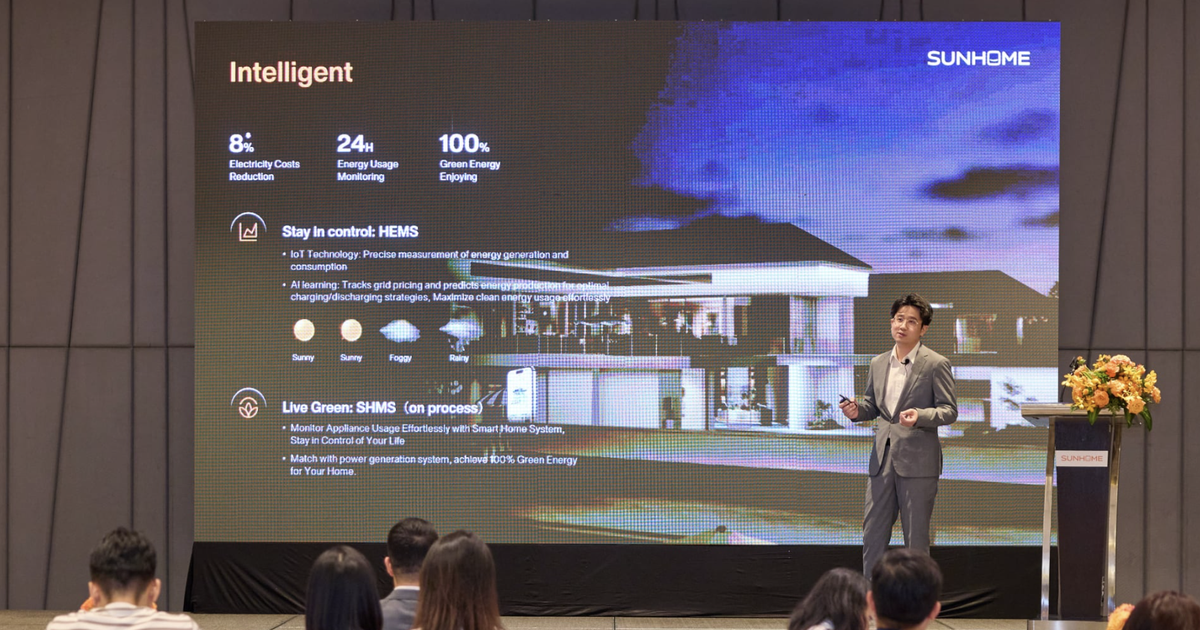




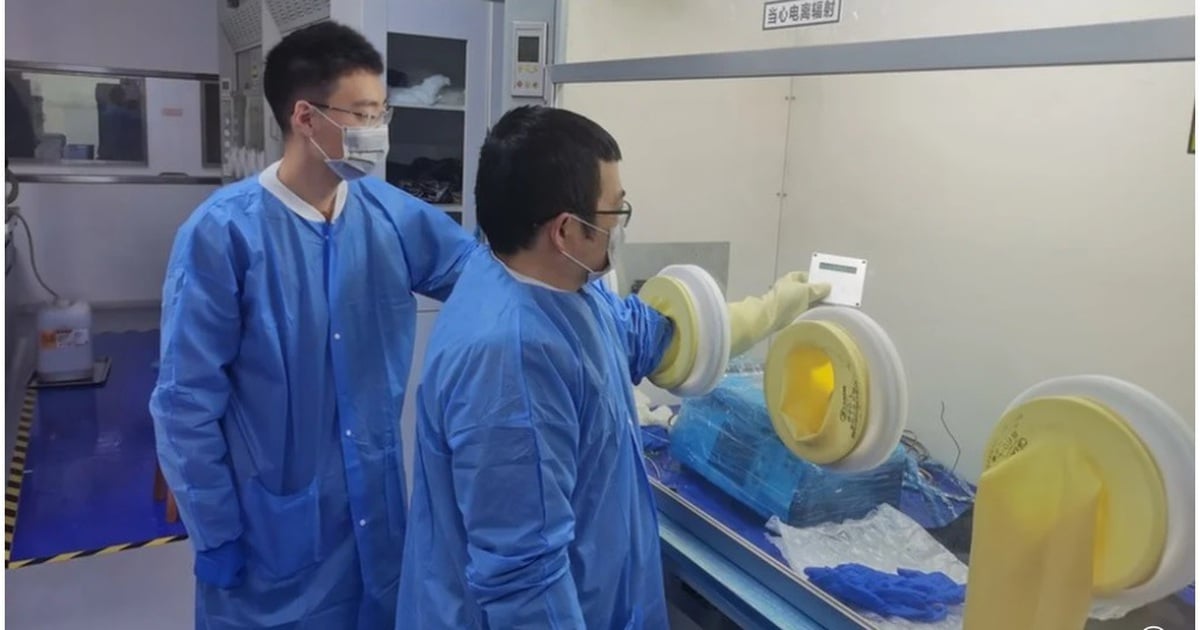

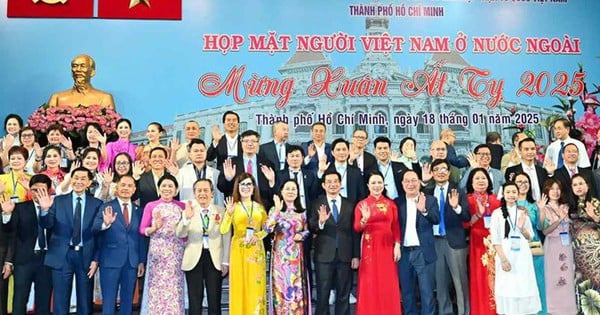
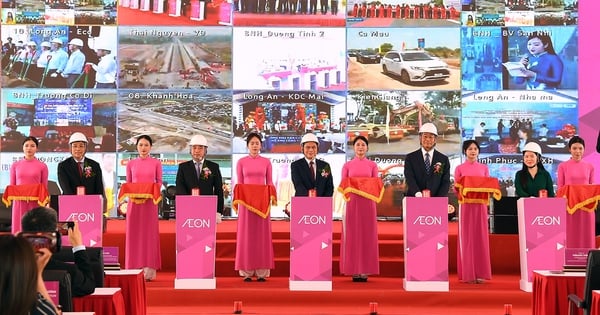
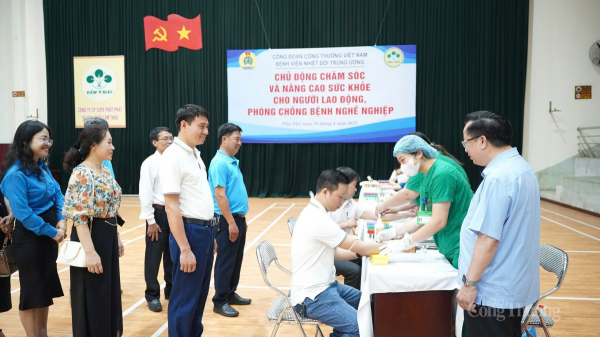


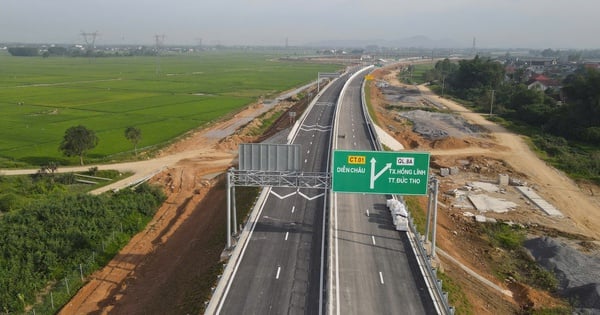





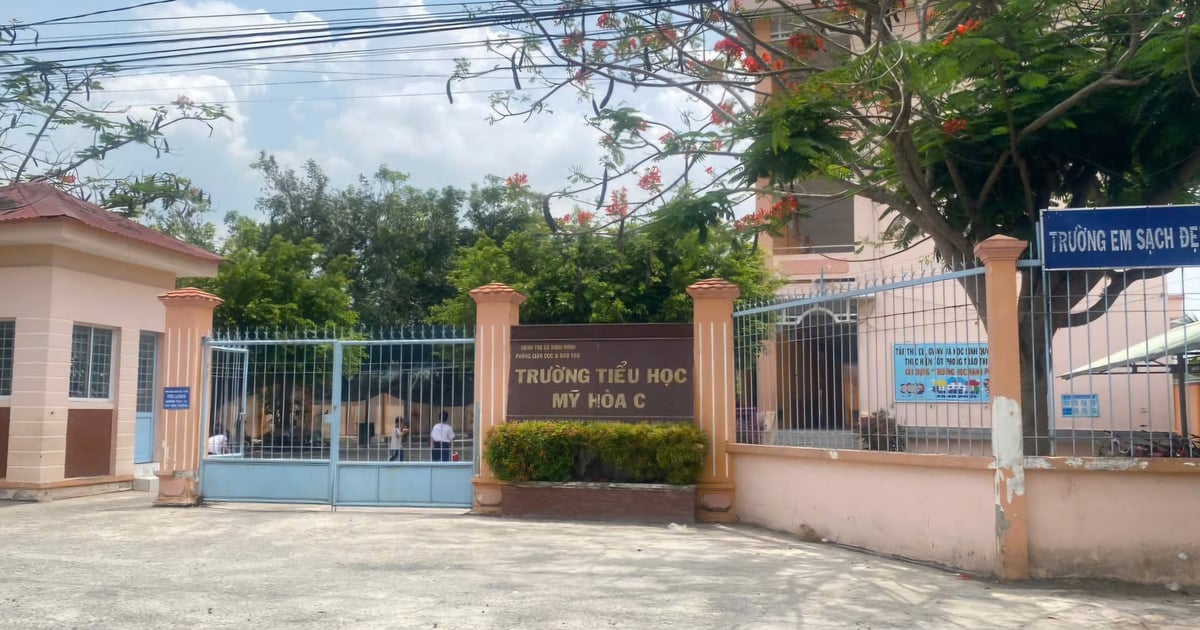
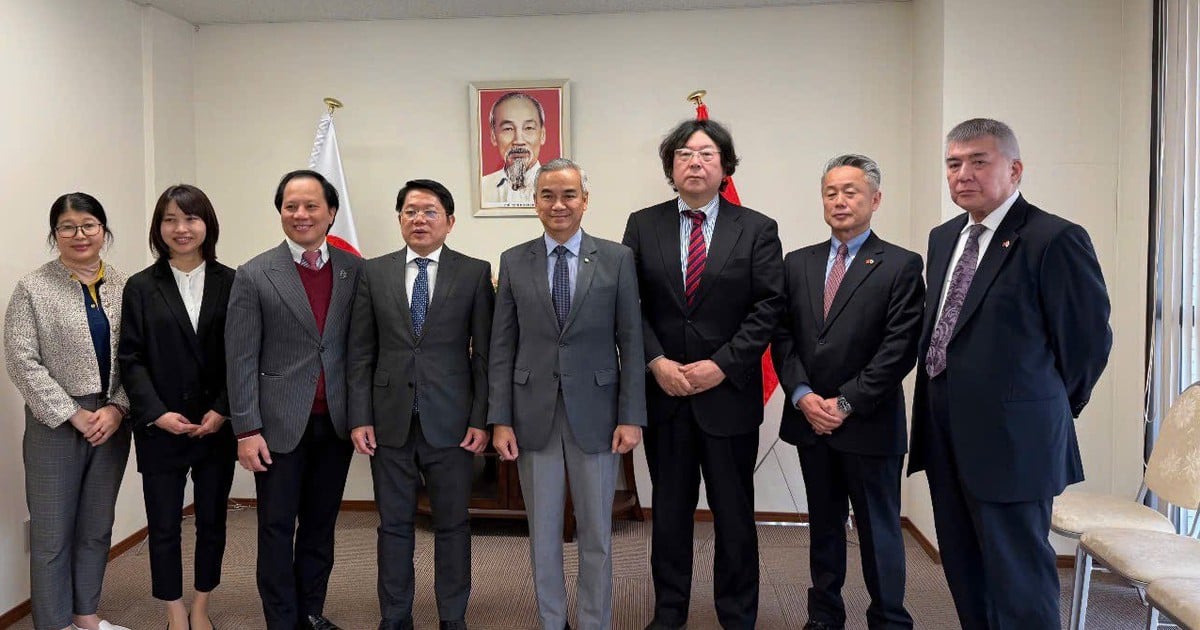





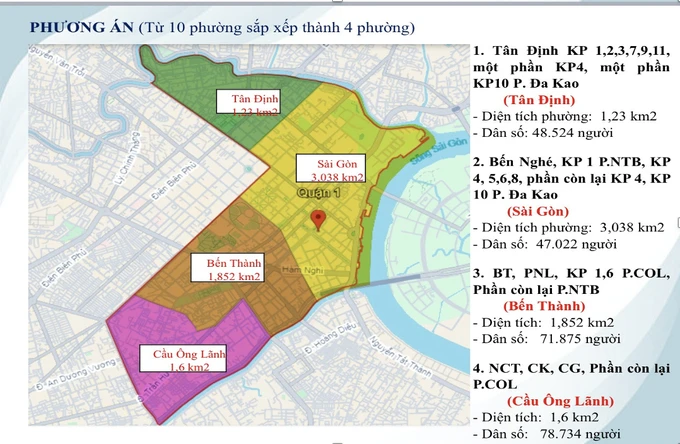





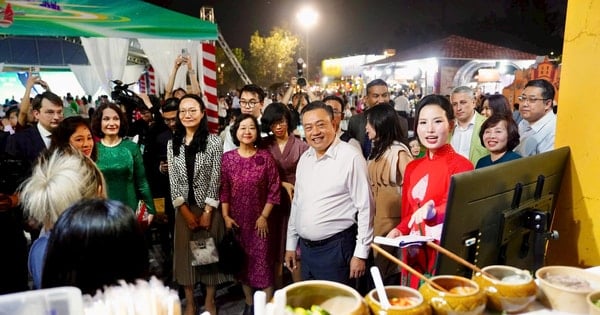

























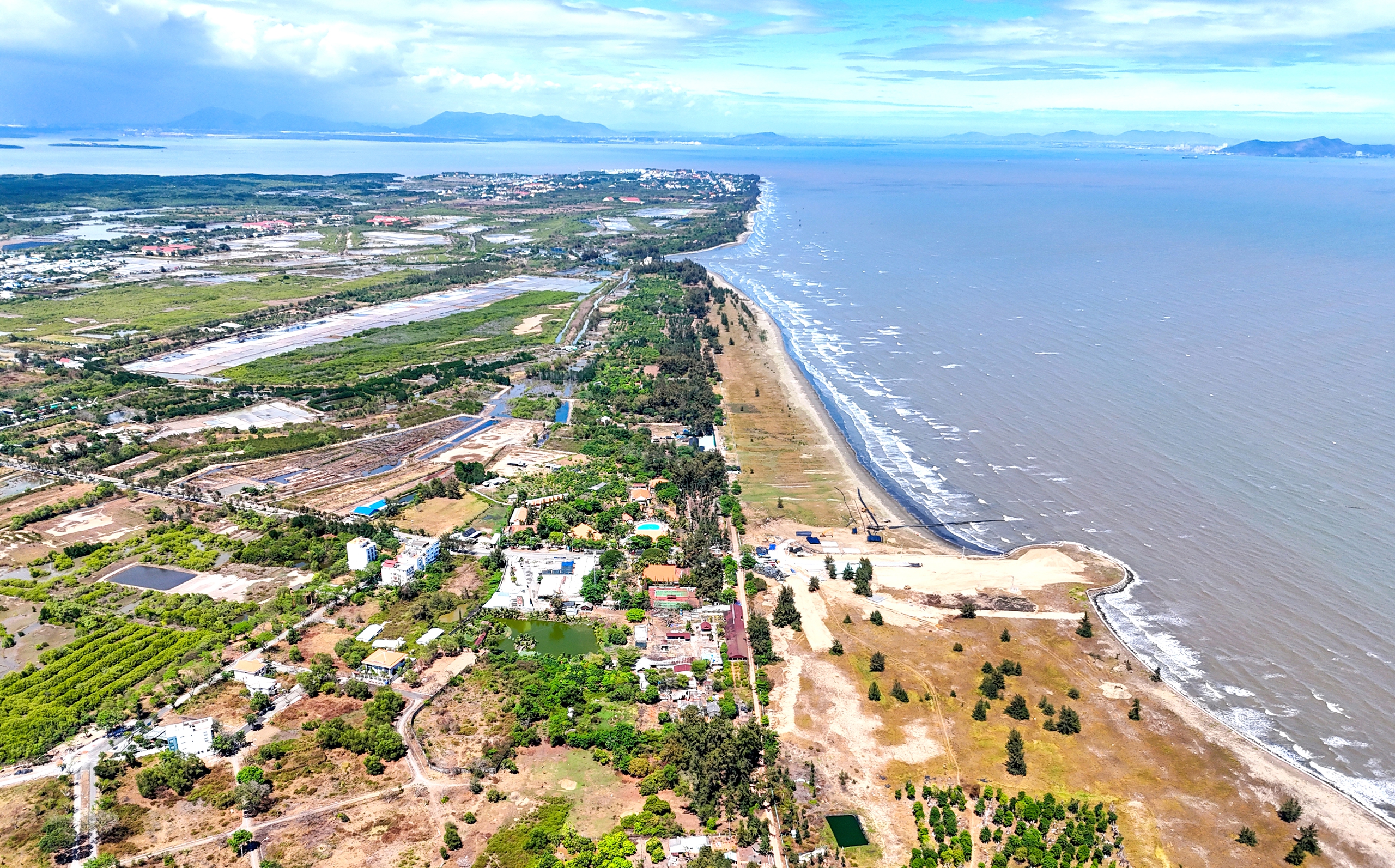







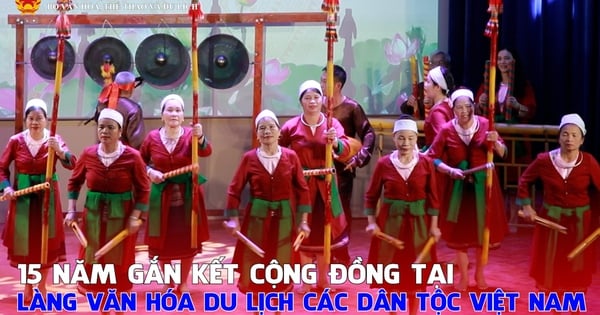

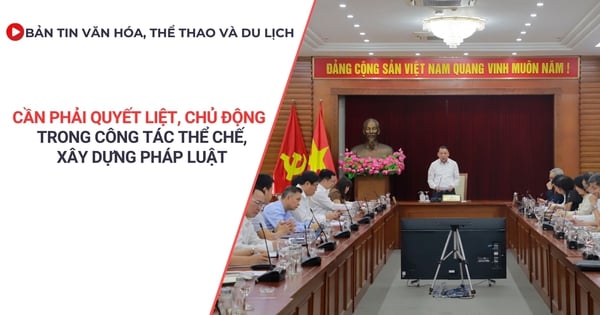




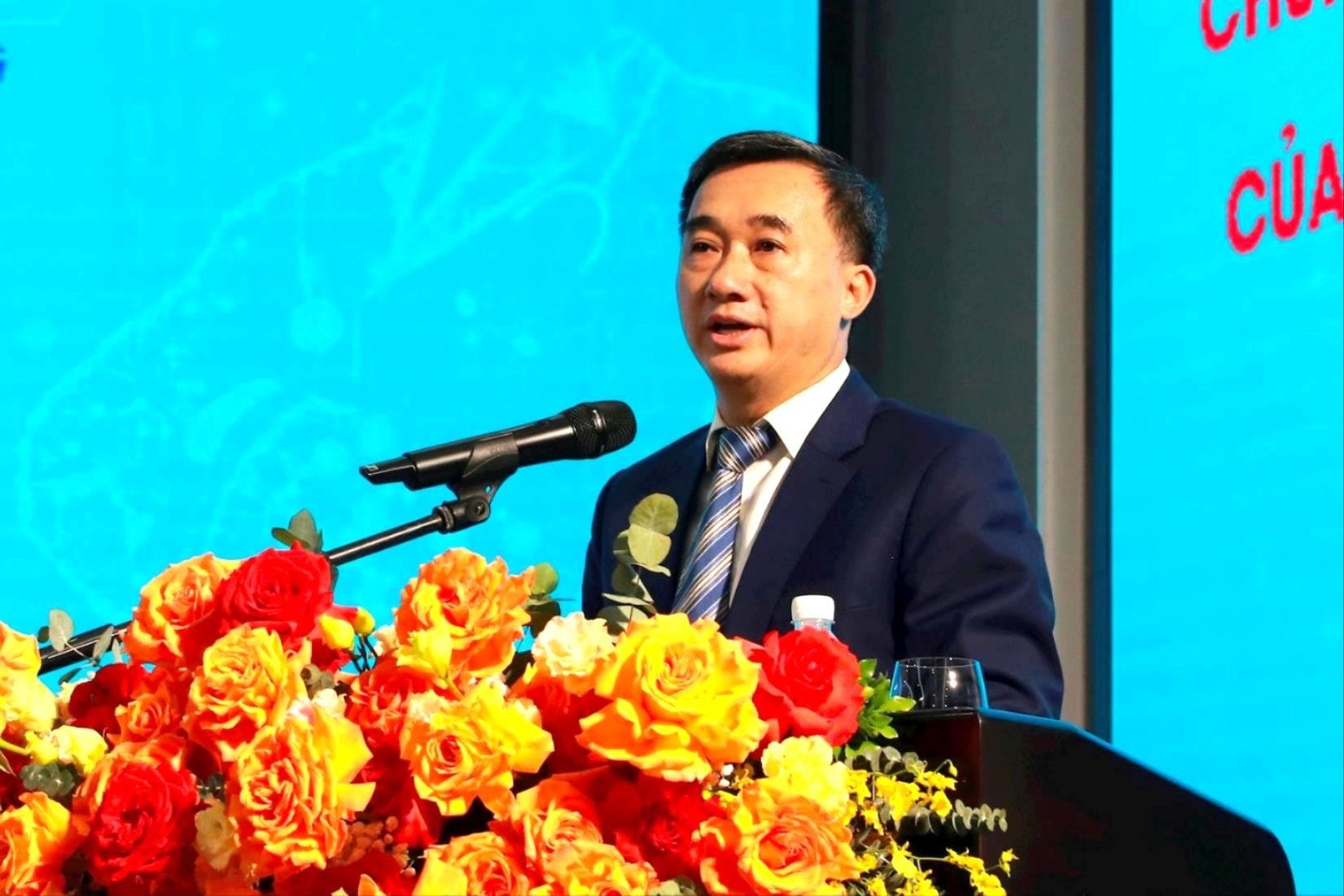



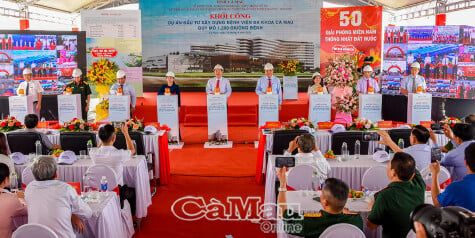
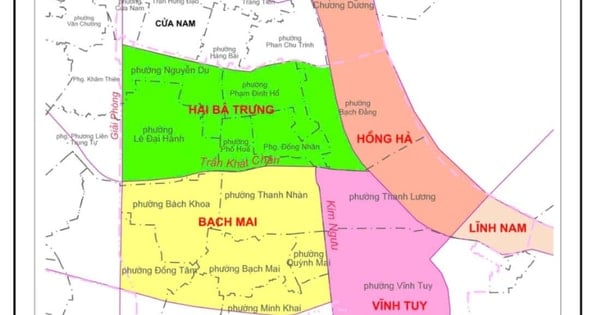












Comment (0)